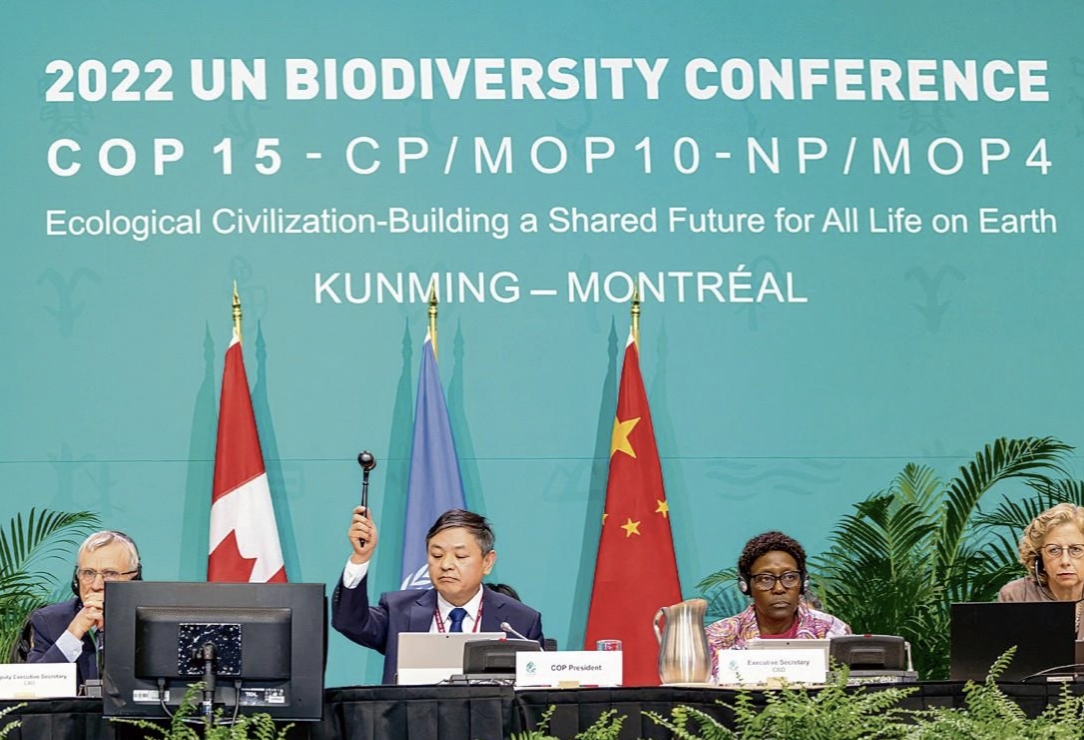Montreal: After nearly four years of negotiations, 200 countries, including India, today approved the historic agreement on global biological diversity. The Paris-type agreement was ratified after heated debates during the final session of the UN COP15 summit in Canada.
Chinese Environment Minister Huang Runqiu, president of the COP15 Biodiversity Summit, announced the adoption of the Kunming-Montreal Agreement amid loud applause from delegates.
Congo refused to budge in favour of the draft at the last minute and demanded that more funds be set aside for developing countries, but its demand was ignored. The purpose of this agreement is to protect the earth, ocean and species from pollution and environmental change.
Under the agreement, by 2030, at least $ 200 billion is to be raised every year to help developing countries. The 23 goals of the agreement include reduction in ‘destructive’ agricultural subsidies, reducing the risk of pesticides and saving the endangered varieties.
Last week, India had said that the target of cutting pesticides in the agriculture sector was unnecessary and the decision should be left to the countries.
He had said that in India, like in other developing countries, the agriculture sector is a source of life, livelihood and culture for millions of people and the policy that supports it cannot be abolished.






